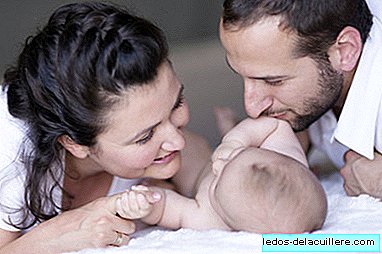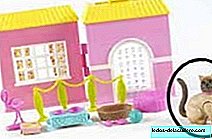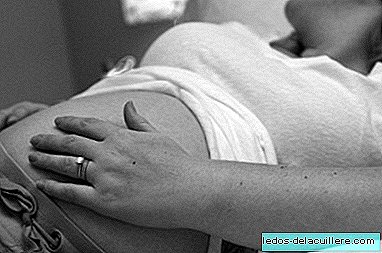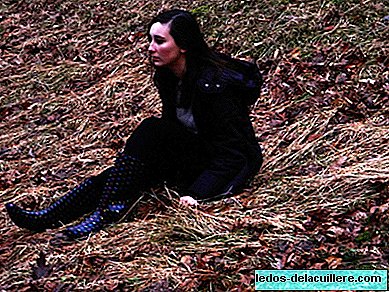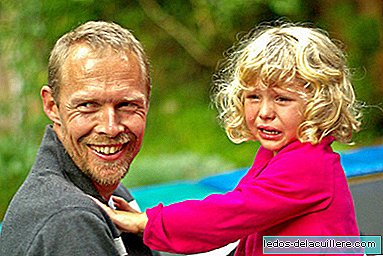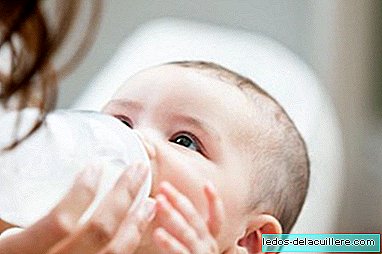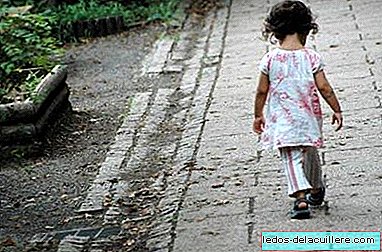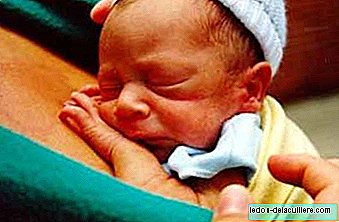
Greater humanization in the treatment of premature babies has proven to be one of the keys to their recovery.
He baby skin to skin contact With his mother, sheltered from the heat of his chest, listening to his heartbeat is undoubtedly a much more welcoming environment than a cold incubator. Premature children undergoing this method have improved their development in less time, in addition to alleviating the disorders caused by punctures and tests.
That is why hospitals are incorporating this new technique into their neonatal care units. The Hospital 12 de Octubre in Madrid has been the first to implement it and now we know that it is also carried out in the General Hospital of Ciudad Real dependent on the Government of Castilla La-Mancha.
Nurses who have developed the action protocol for Kangaroo method They give us some details of the treatment.
Contact with the baby should be done without clothes to be skin to skin. Just wear a hat, socks and diaper. As natural as possible for the baby to recognize the mother's smells and beats.
As for the time, they recommend that the contact between parents and child last at least one hour to avoid the baby's stress and temperature changes that occur when taking it out and putting it in the incubator. As for a maximum limit, there is not, since the more time you spend with your parents, it will be more beneficial and stimulating for the child.
The correct way to place it is between the mother's breasts, in an upright position, with the head turned to the side and slightly extended. The child's temperature should be between 36.5 and 37 degrees.
Mothers say it is a wonderful experience because it somehow reestablishes the bond that has been prematurely broken with their child, fulfilling the function of a human incubator. The vital signs of the baby improve through the kangaroo method, while stimulating milk production in the mother with the consequent benefit of breastfeeding for premature babies.


